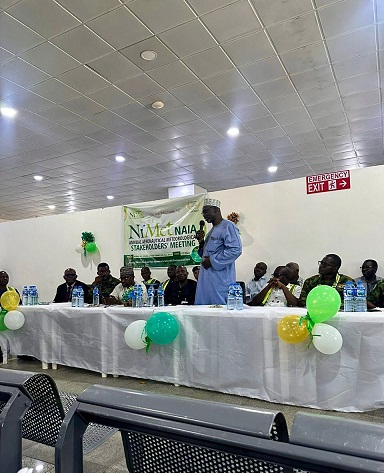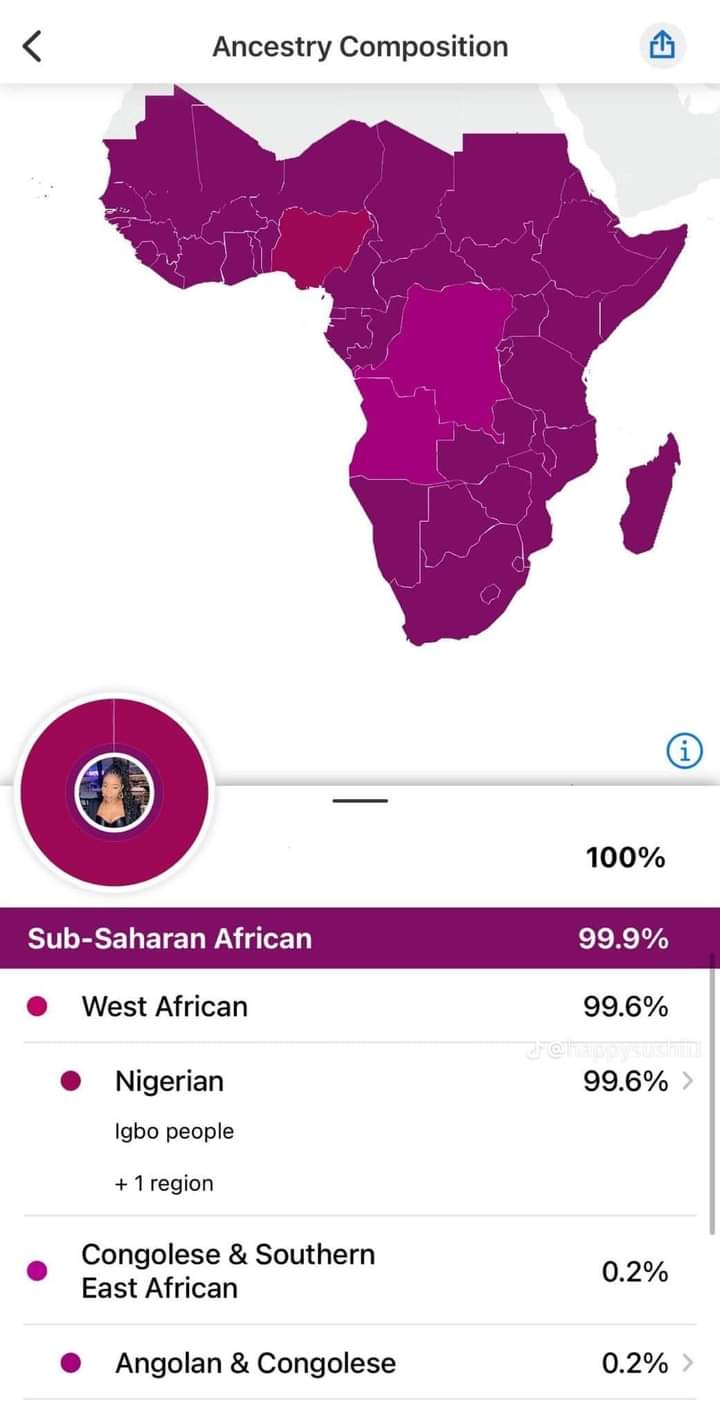NiMet Assures High Quality Meteorological Services Delivery In Aviation Sector

Yemisi Izuora
The Director General and Chief Executive Officer of the Nigerian Meteorological Agency (NiMet), Professor Charles Anosike has assured aviation stakeholders of NiMet’s commitment to delivering high-quality meteorological services that meet the specific needs of the sector.
The DG, gave rheumatologist assurances at the Aviation stakeholders Quality Management System (QMS) at the Nnamdi Azikiwe International Airport Abuja.
The meeting which was held on Monday, 21st October 2024, at the Hajj Centre, Domestic Airport Private Wing of the airport drew participants from the following Agencies; Nigerian Meteorological Agency (NiMet), Federal Airports Authority (FAAN), Nigerian Airspace Management Agency (NAMA), Nigerian Safety and Investigation Bureau (NSIB), Nigeria Civil Aviation Authority (NCAA), Nigerian Airforce (NAF) and Green Africa Airlines.
While welcoming the participants, Prof. Anosike who was represented by his Special Assistant, Mr. Asaniyan Taiwo, spoke about the ongoing modernization of NiMet infrastructure and investment in state-of-the-art equipment and technology to improve weather observation, forecasting, and dissemination capabilities.
He also highlighted the ongoing capacity building of staff through training and retraining. “For effective and improved service delivery, MOUs have been signed with local and international partners to deliver more resilient and customer-centric NiMet products and services for a sustainable aviation sector and safety of air navigation in Nigeria”, Prof. Anosike concluded.
Usman Abdulrahman, the Head of Quality Management System (QMS) at NiMet, listed the discussions at the meeting as follows; The need for airline pilots to attend briefing in the flight crew briefing rooms (FCBR) to plan their flights, training of airlines dispatch officers on basic meteorology course to improve and strengthen their roles in flight planning and dispatch, introduction of robust weather application to improve access to weather information and retrieval of aviation products and services, and finally the need to procure the aviation terminal information system (ATIS) to reduce the workload of the air traffic control (ATC).





